What’s the hurry?
The stress of it all
All this running around comes at a staggering cost. We have forgotten how to relax and switch off; consequently, we are collectively living with unprecedented levels of background stress, whether recognised or not.
By 2020, depression and anxiety will be the number one cause of ill-health, worldwide. A quarter of all American women are on anti-depressants, with the UK not far behind. Levels of generalised stress, insomnia and chronic fatigue are sky-high and rising. In our culture of plenty and speed, we feel, at best, out of kilter.
Yet sooner or later, our pace of life becomes unsustainable. Unfortunately, it can take a major health scare to come to this realisation - we stop because mind or body (usually both) comes to a crisis point.
Making changes...
All is far from lost. Increasingly, I think, we are coming to a conscious decision to slow down or stop. The phenomenal (and recent) popularity of mindfulness meditation and yoga speak to this need to pause and re-connect to ourselves, mind and body equally, as the two are inseparable.
The recent massive growth of the ‘wellness’ industry means the consumer now has access to an unprecedented range of holidays entirely geared towards restoring mind/body wellbeing. Within this vast industry, yoga holidays, meditation retreats and spa breaks in every corner of the globe, have waiting lists.
On the ground, yoga studios in the UK are springing up faster than you can say ‘Downward Dog’. Meditation apps such as Headspace are reaching an audience of six million people a day; politicians and City of London CEO’s are turning to mindfulness as a means to de-stress, focus and sleep better; kids are learning meditation and yoga at school; programs such as the Phoenix Trust are taking yoga into prisons on a large scale.
Amidst our busyness, huge number of us are recognising that giving ourselves permission to slow down is a necessity, not a luxury, for our health and wellbeing.
We are seeking approaches to mind/body health that do not rely on the sticking plaster approach of medication, or empty New Age promises, but instead - as Eastern practitioners of yoga and meditation have known for thousands of years - tap into our own internal resources for healing and transformation, in a way that is down-to-earth and accessible.
In allowing ourselves to stop and tune in, there is, in time, the oh-so-liberating recognition that perhaps there is nothing to achieve, nothing to fix or change, nothing to strive for, after all.
That, contrary to what our society will have us believe, our contentment won’t be found in the next iphone or in another glass of Pinot Grigio.
That everything we need to feel OK again is right here within us, if only we have the courage to pause and turn towards ourselves, our breath, our body and emotions, our wants and needs, with patience, exploration and self-compassion.
In the words of Kristin Neff, co-founder of the groundbreaking Mindful Self Compassion programme: “Rather than wandering around in problem-solving mode all day, thinking mainly of what you want to fix about yourself or your life, you can pause for a few moments throughout the day to marvel at what’s not broken. You.”
Lucia Cockcroft is the co-founder of Satvada Retreats and Chelmsford studio Yoga at the Mill. She has a been practising yoga and meditation for the last 20 years, and teaching classes, workshops and retreats for the last ten. She believes passionately that both practises bring us back to what we have so often lost: ourselves.
We'd love to help you take some time out for yourself. Check out our schedule of yoga, meditation and walking holidays and retreats in Morocco, Croatia and the UK.
It seems we're all on a rush, scooting around getting from A to B, multitasking, and onto the next thing. Busyness is endemic in our culture and daily life, and even revered. But all this running around can come at a big cost to our wellbeing. Lucia Cockcroft ponders some more.
Busy, busy, busy....
Like most people, I'm adept at keeping myself busy. Somehow, there's always the next thing to get done - dinner to prepare, paperwork to sort, the next retreat or class to plan.
Planning ahead is my forte, and I’m not alone in my ability to be onto the next thing. It seems to me that just about all of us are in a state of constant hurry. Each time I take the car out, the driver behind me two inches away from my rear end, or stand in a shop queue, all of us tapping away on our phones (perhaps checking facebook or twitter yet again) I sense the collective frustration of being forced to slow down.
We have become human doings, rather than human beings, craving constant stimulation of some kind, whether it’s living in a whirl of social or work deadlines, the ever-present lure of the internet, or simply an unchallenged habit of rushing around.
This 'doing' mode of mind comes with both positives and negatives. Our ability to ‘do’ is essential for our survival in this society. We need our cognitive skills, our intellect, our ability to analyse and problem-solve, to travel from A to B, to get our kids to school on time, to create the next spreadsheet at work.
Our culture of busyness isn't just ingrained - it's out-and-out trendy. We wear our jam-packed schedules with pride, as if admitting to a more leisurely modus operandis is a sign of failure, of not keeping up, of going against the grain of full-pelt living.
We greet others with the question, 'how are you? Keeping busy?', and assume that, like everyone else, they are, and that this is how it should be.

